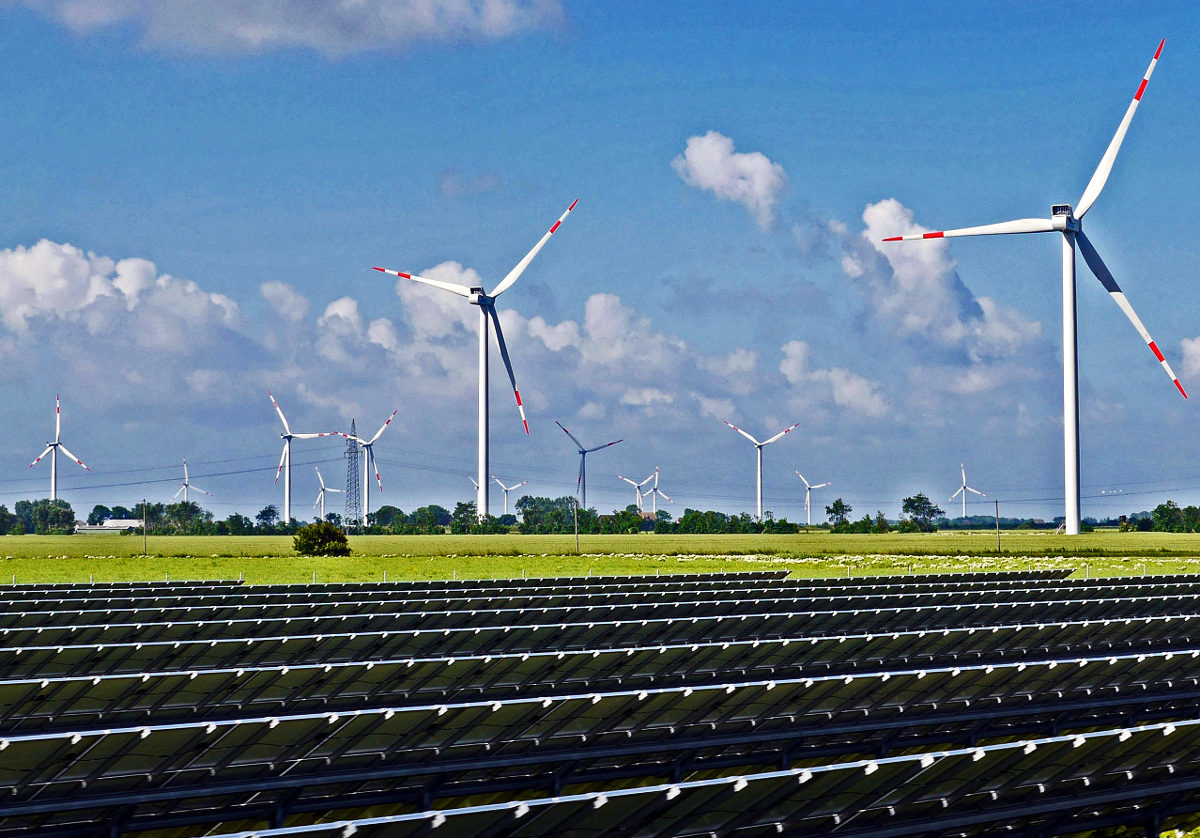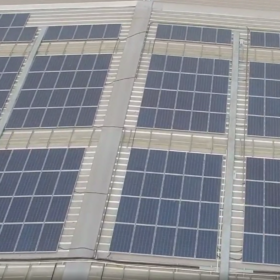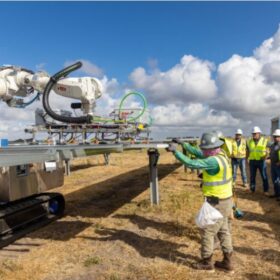A day-long event in Delhi today saw renewables sector stakeholders discuss key challenges to making the country’s energy transition ecologically safe, rights-respecting and socially just.
Delivering the keynote address, Rajnath Ram, advisor-Energy, NITI Aayog, said, “In the recent budget, almost one lakh crore rupees was announced as allocations towards green growth initiatives, but the challenge for the renewable energy sector is to ensure that the community participates and gets great benefit from it.”
The Responsible Energy Initiative (REI) by World Resources Institute India (WRI India) and its partners seeks to enable the clean energy sector to adopt models and value chain approaches that are ecologically safe and socially just. By collaborating with stakeholder across the clean energy value chain, the initiative hopes to contribute to creating a shared vision of responsible energy.
Bharath Jairaj, executive director, Energy, WRI India, said, “REI was built on a set of principles that we and our partners agreed upon. These are based on lofty universal values but that’s what we need right now to ensure the RE sector is socially just and environmentally sound. Over the past few months, we’ve attempted to translate these principles into actionable pilots on land use, circularity, and financing, because these principles must not be just goals but actions for the RE sector must take forward.”
The Union Government’s recent budget allocations suggest large-scale projects like the 13 GW solar-wind hybrid in Ladakh being prioritized over distributed and off-grid renewables. However, Finding land for installations of grid-scale wind and solar energy is beginning to become a challenge. Concerns have been expressed by communities over loss of livelihoods and lands for grazing and allied activities where these RE projects are sited.
Shirish S Garud, Senior Fellow and Director, TERI, said “REI aims to set new norms and guidelines for land use and land ownerships. We are proposing pilots to evaluate the options and impacts of renewable energy projects on farmlands.”
Ensuring the RE sector is kept accountable to society and nature, requires financing institutions to build frameworks that consider social, ecological and circularity processes while taking investment decisions, be they private capital, Sovereign Wealth Funds, or international development organisations.
“Finance Minister Nirmala Sitharaman’s recent Budget announcements made clear the need to seek the RE sector to become more responsible. The RE sector must seize this opportunity to ensure it leads by not committing the mistakes that mark the fossil fuel industry, which is extraction and inequity,” said Ms. Anna Biswas, Managing Director (India), Forum for the Future.
As the RE sector grows, it will need significant natural resources, and it will generate waste at an unsustainable level, unless circularity is introduced into the production process.
The day-long event, called the Responsible Renewable Energy Summit, was led by REI’s core partners WRI India, The Energy and Resources Institute (TERI) and Forum for the Future (Forum) and supported by expert partners including BHRRC, CEEW, Consensus Building Institute, Climate Group, Landesa, WWF India. The Summit was organised by the REI with organising partners The Nature Conservancy, NSEFI and Vasudha Foundation.
This content is protected by copyright and may not be reused. If you want to cooperate with us and would like to reuse some of our content, please contact: editors@pv-magazine.com.









By submitting this form you agree to pv magazine using your data for the purposes of publishing your comment.
Your personal data will only be disclosed or otherwise transmitted to third parties for the purposes of spam filtering or if this is necessary for technical maintenance of the website. Any other transfer to third parties will not take place unless this is justified on the basis of applicable data protection regulations or if pv magazine is legally obliged to do so.
You may revoke this consent at any time with effect for the future, in which case your personal data will be deleted immediately. Otherwise, your data will be deleted if pv magazine has processed your request or the purpose of data storage is fulfilled.
Further information on data privacy can be found in our Data Protection Policy.